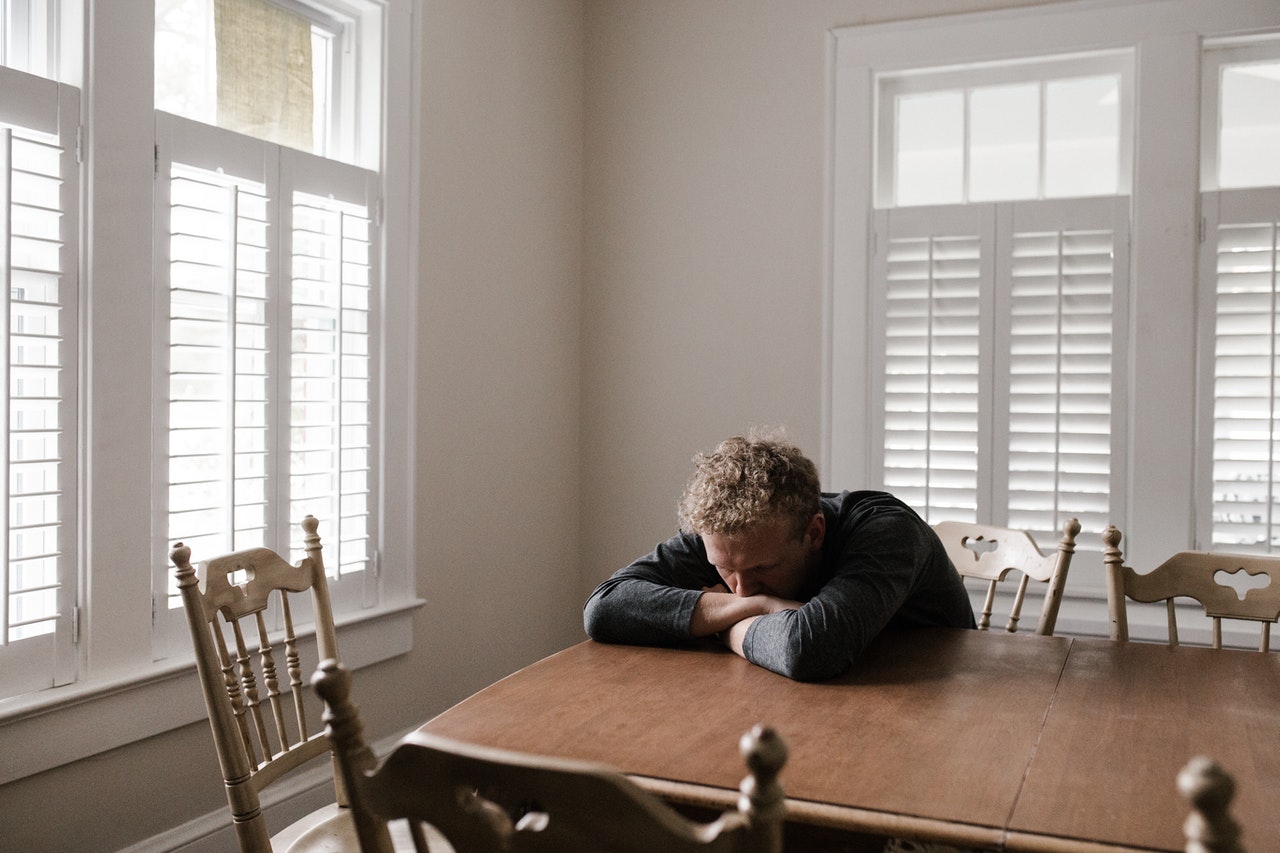One of the biggest focuses in our society today is the topic of mental health. Now, more than ever, our culture is realizing that taking care of our minds is just as vital as taking care of our bodies. The tricky part about it is, when dealing with mental health issues, it’s hard to see, unlike a physical wound. At times, it’s even difficult to communicate, or even know that you’re experiencing mental health issues. It can be the elephant in the room, without anyone even knowing it, and that’s what makes it so incredibly important.
To define it, mental health is our psychological, emotional, and social well-being. It affects how we feel, how we act, and ultimately, how we make choices as we go through life. Stress and anxiety are big factors; it’s not uncommon for most people to experience both, but sometimes, it goes much deeper than that. The DSM-5, the go-to resource for identifying mental illness, lists over 150 unique diagnoses. Now think of how many of those you can actually name.
According to the National Alliance of Mental Illness, more than 40 million Americans face mental health issues every year; that’s 1 in 5 people. It’s probably someone in your family; it’s likely someone you know. While a broken bone affects how a specific part of your body works, mental health diseases affect your thoughts, emotions, and behavior — essentially everything that makes you . . . you.
Another reason to continue emphasizing the importance of mental health is that our current healthcare system is lacking in research, education, and resources for treatments. Often, it’s our family and friends who are the next best outlet to talk about things, or worse, internalizing it and telling no one. We believe that seeing a therapist for mental health should be as easy as seeing a doctor for a routine physical.
At The Blanchard Institute, mental health, along with substance use and alcohol abuse, is one of our core concerns. We have leading dual-diagnosis treatments designed to tackle not just use issues, but get to the root of the problem which typically stems from trauma. Co-occurring issues have to be dealt with differently, and our experts have the experience and knowledge to build roadmaps for our clients that offer the greatest chance of success; they really take the time to get to the underlying problems of what clients are facing and why. If you or someone you know is looking for mental health support in North Carolina, Blanchard’s Charlotte and Lake Norman facilities are a great place to start. We are here to help.


